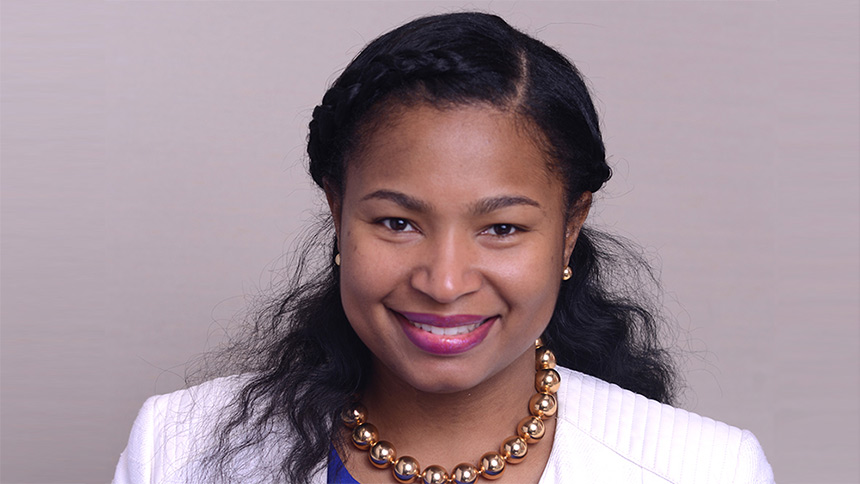Think back on your last interview. Did you talk to the point where the hiring manager’s eyes glazed over?
If so, you probably rambled on a little too long.
Also on Mediabistro


Here, we’re talking with media pros to learn why over-talking can ruin your chances of landing the job, as well as a few steps you can take to make sure you never do it again.
Talking Too Much Hurts Your Chances
Sure, it’s not the absolute worst thing you could do in an interview, but it can hurt your chances of getting the gig. Nicole Williams, career expert and founder of WORKS by Nicole Williams points to a quote from Pauline Phillips (creator of the Dear Abby column): “The more you talk, the less you are listened to.”
“Interviewers are of course looking to learn about you and get a sense of your personality,” says Williams. “However, what they really want is someone who is succinct, articulate and pensive.”
Another thing to consider is the interviewer’s schedule. Dan Auerbach, operations director at Intuitive Digital, says more often than not, the interviewer will schedule back to back interviews with several candidates. So if you ramble and go over your allotted time, you run the risk of disrupting the interviewer’s entire schedule.
Be Prepared
Enter an interview without fully preparing for questions, and you’ll be sure to ramble. To fix this, Williams suggests doing a mock interview with a friend and recording the interview. In review, you’ll be able to tell where you stumble, where you’re a little too verbose and what responses can be polished.
“Being comfortable with what you are saying and how you structure your sentences is very important when it comes to interviews,” says Williams. “You don’t want to give one-word answers and you certainly don’t want to dive into a five-minute spiel.”
Deal with Silences
The interviewer waiting longer than usual to respond after you’ve answered their question is one of the oldest tricks in the book. Sometimes the interviewer is simply taking notes, other times, he or she is seeing how you’ll fill the void.
“People typically see this as they didn’t answer the question properly and would fill that space with more information, typically stuff that may hurt their chances,” says David Blacker, managing principal of digital marketing agency Venerate Media Group.
Rather than attempting to continue answering the question, Blacker recommends saying something along the lines of “Did that answer your question or were you looking for more clarity?”









